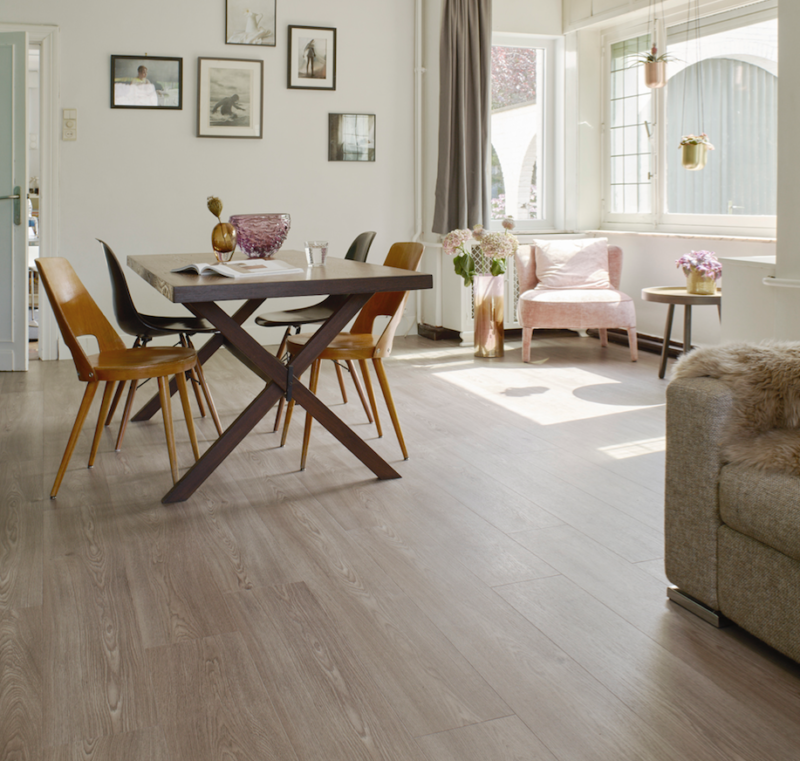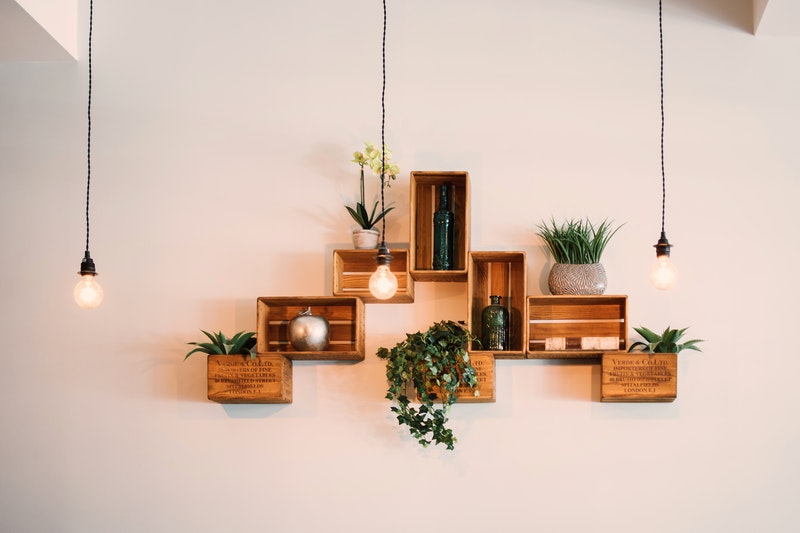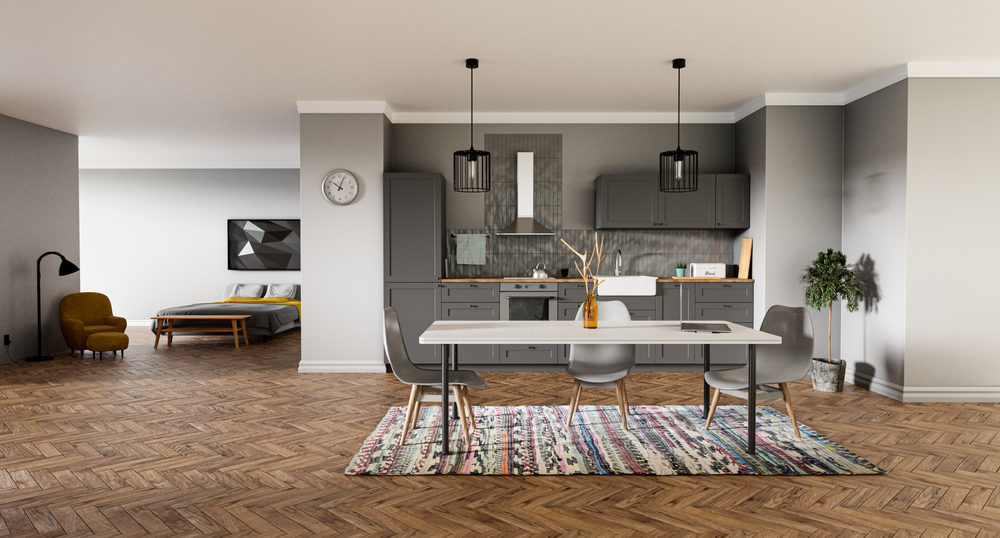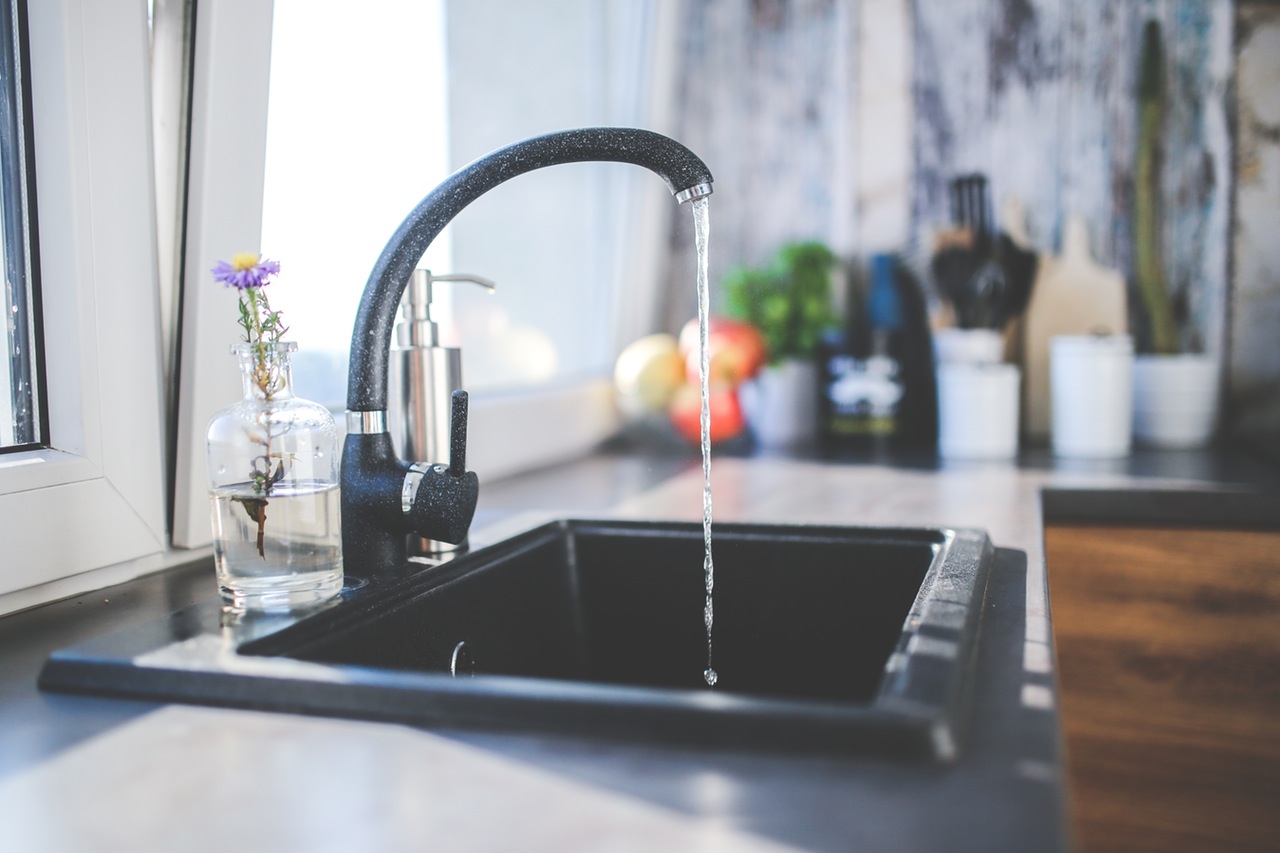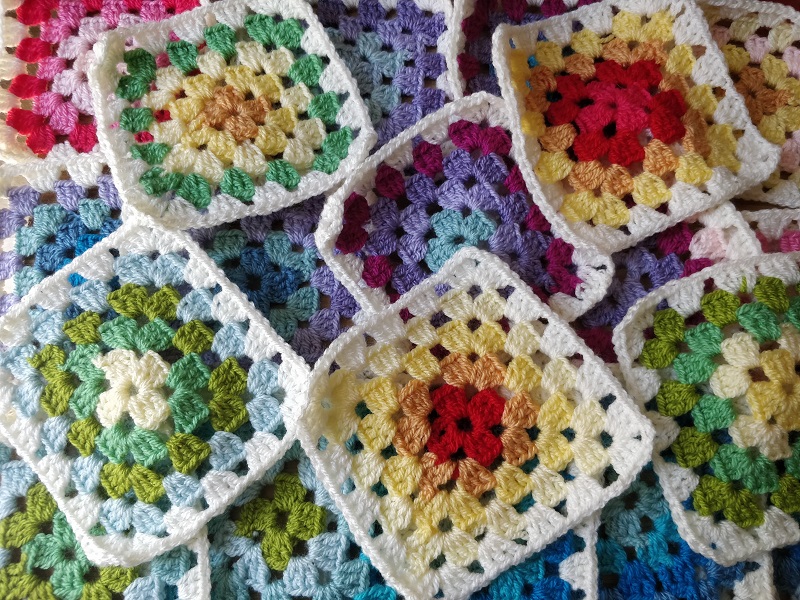Pros and Cons of Vinyl Tiles
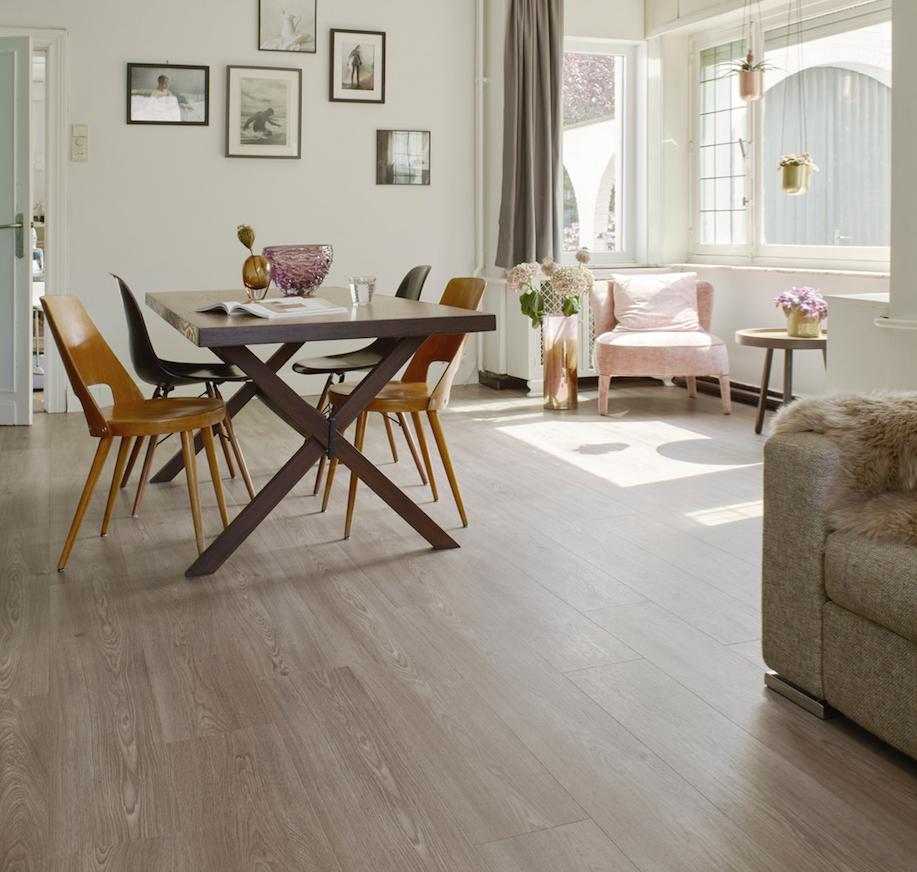
When it comes to choosing the right flooring for your home there are so many options available it can sometimes be confusing! Unlike most people I prefer to avoid carpet and instead like wood, or faux wood, flooring which just makes my life easier.
One option I haven’t really considered before is luxury vinyl tiles, as I have never really known enough about them, however, I have come to discover that there are many benefits to having this style of flooring. Here are the pros and cons of vinyl to help you make up your mind!
Pros of Vinyl Tiles
- If you are looking for flooring which is super durable and is tough enough to withstand heavy foot traffic then vinyl might be for you. It’s perfect for use in homes with children and pets because of it’s hard-wearing feature. Depending on the thickness of the wear layer, you can get up to 10 years’ use before it needs to be reapplied!
- When compared to other flooring options such as carpet, laminate, hardwood etc vinyl is a more affordable option.
- Vinyl is fast and relativity easy to install and easy to replace if required.
- Vinyl is well known for its waterproof properties, making it perfect for use in kitchens and bathrooms which may see the odd splash or puddle.
- Maintainance requirements for vinyl is minimal; it doesn’t need waxing or polishing, only mopping and sweeping to keep it looking as good as new.
- Luxury vinyl tiles come in a wide range of colours and patterns including a variety of lifelike wood grains and can even replicate the look of natural stone, making it easy to find a style which suits your interior design. Posh Flooring has some great options.
Cons of Vinyl Tiles
- Although hardwearing it is possible to damage vinyl tiles with very heavy loads and can be gouged and scratched by sharp objects, so be mindful of furniture when you are planning to use it in your home.
- The vinyl tiles can be damaged by extreme temperatures (best not to use for outdoor purposes) and being in direct sunlight for long periods of time can cause the colours to fade.
- Vinyl tiles adhere best to flat, smooth surfaces and the seams between the tiles can be visible, although a good installer can often mitigate this problem.
- If you enjoy walking around your home with bare feet vinyl might not be your best choice as it simply can’t match the underfoot comfort levels of carpet.
- Carpet also absorbs around three times as much noise than hard flooring, although luxury vinyl tiles offer the best noise absorption of non-carpet hard surface flooring.
- Although it is waterproof, vinyl cannot absorb water away from its surface which means that the wet tiles remain wet and can be slippery potentially resulting in more slips or falls. Vinyl is also more likely to cause an injury compared with falling on carpet, which is a softer, more shock-absorbent surface.
